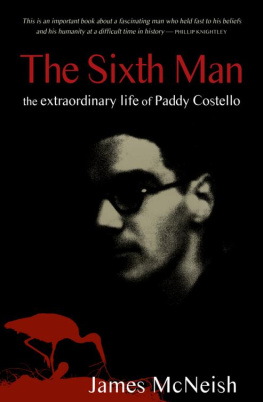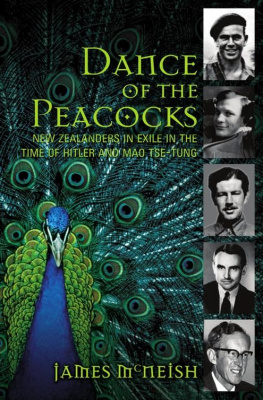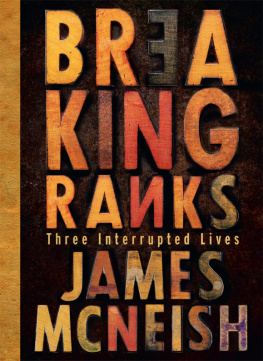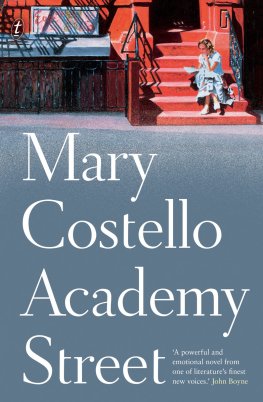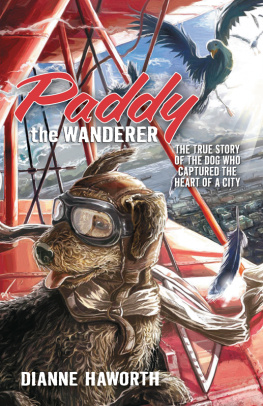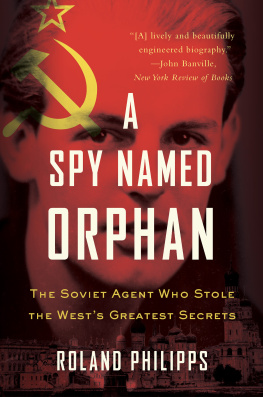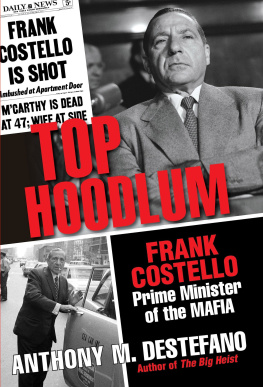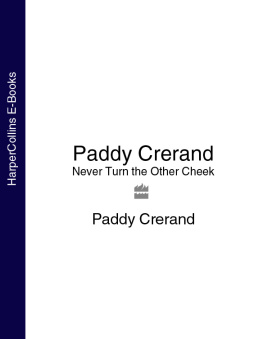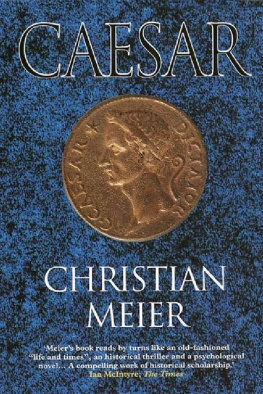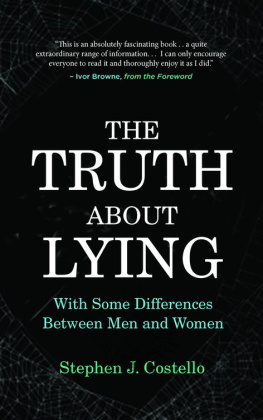a life-enhancing writer
ROBERT NYE IN THE CHRISTIAN SCIENCE MONITOR (USA)
Auckland. Cambridge. Moscow. Paris. New Zealands most brilliant linguist and ablest foreign envoy. The man who alerted the West to Soviet possession of the atom bomb. The first Allied diplomat to enter and report on the Nazi death camps at the end of the war. General Freybergs favourite Intelligence officer.
Paddy Costello was a scholar, a soldier, a diplomat, a maverick, an exemplary father, a lover of good wine. But was he also a spy?
Paddy Costello, the subject of this long-awaited biography, appears in James McNeishs previous work, DanceofthePeacocks:
I think its the best book published in New Zealand in the last twenty years.
IAN CROSS IN THE DOMINION POST
I came to Dance of the Peacocks with high expectations, but they were far exceeded by the book itself. It held me like a good novel, being beautifully structured and written; moved me more than most novels; and has haunted me since.
JON STALLWORTHY, WOLFSON COLLEGE, OXFORD
Dance of the Peacocks is the work where all of McNeishs gifts come together.
LAWRENCE JONES IN THE OTAGO DAILY TIMES
to
John Bright-Holmes
in gratitude
Loved your five Peacocks. But when are you going to write about the sixth man, Paddy Costello?
Letter to author, following publication of Dance of the Peacocks
I think Costello was pursued by British Intelligence because there was an assumption that it might be an extension of the Philby ring of five
Sir George Laking, Secretary of Foreign Affairs (NZ) 196772
Paddy Costello was a Second World War intelligence officer, a New Zealand diplomat, a linguist, teacher and scholar, a Renaissance man in the breadth and depth of his interests, and according to his enemies a Soviet agent during the Cold War. This long overdue biography sets the record straight. It convincingly shows that the slim evidence for the traitor charge was invented, exaggerated and misinterpreted. In fact, when Costello was a diplomat in Moscow the major secret he revealed was to the West: the Soviets had the atomic bomb.
It is now clear that Costello was punished for his pre-war Communist views, which he had trumpeted from the rooftops, and later vilified for being right in his analysis of communism, a victim of the McCarthy period.
This is an important book about a fascinating man who held fast to his beliefs and his humanity at a difficult time in history.
Phillip Knightley, author of The Second Oldest Profession:
Spies and Spying in the 20th Century
The book draws primarily on letters and diaries, and on interviews conducted over a period of several years. Official documents including declassified New Zealand and American Intelligence files have also been used. The author wishes to thank the late Michael King for a number of British security documents, the so-called Batterbee File, sent to me shortly before he died, the New Zealand Ministry of Foreign Affairs and Trade for help dating back to 1999 and the New Zealand Security Intelligence Service for an informal briefing, following the release of a quantity of declassified material in 2003. A further consignment of forty-one NZSIS documents which arrived in 2007 as this book was going to press has helped to clear up a mystery which has frustrated writers and historians in two hemispheres for forty years.
Conversations where not taken from documents are based on reported speech.
Warm acknowledgement is made to Christopher Costello, Paddy Costellos executor, and his siblings Mick, Katie and Nicholas Costello and Josephine Proctor (ne Costello) and also to Doris Bornstein (ne Lerner) and Jack Lerner, Bil Costellos surviving sister and brother for their unstinting help and generous hospitality. They belong to a richly connected family scattered to Australia and New Zealand, with roots in Ireland and perhaps the sixteenth-century Spanish Armada on one side and, through marriage, the Jewish Pale of Settlement in southern Russia on the other. Their trust and openness to enquiry have made a long labour seem short; and their sometimes critical comments on the text have come without hint of censorship. Without their help and access to the family archives, no book would have been possible.
I owe thanks above all to my wife, Helen, researcher, photographic editor and critic, who has helped more than anyone to disinter Paddy Costello and rescue him from his detractors.
Full acknowledgements appear at the back.
An award by Creative New Zealand enabling me to concentrate on this project and a travel grant by the New Zealand History Research Trust Fund, Ministry for Culture and Heritage, are warmly acknowledged.
J. McN.
C ONTENTS
SECTION 1 (Auckland and Cambridge)
SECTION 2 (Greece and North Africa)
SECTION 3 (Moscow and Paris)
SECTION 4 (Growing Family)
SECTION 5 (Last days)
MAP
Page
Page
Page
Page
Page
Photographic Editor, HELEN McNEISH
Every effort has been made to trace copyright holders for illustrations used in this book. Proper acknowledgement will be made in future editions in the event of any omissions that occurred at the time of going to press
IT BEGAN WITH Costello being depicted a falsifier of passports. With time the stories grew wilder. As General Freybergs Intelligence officer in the war, he had passed on the ULTRA secret; as a seducer of women, he had brought converts to the Stalinist cause; in Moscow he was a disinformation agent, in Paris a tool to bring Czechoslovakia into the Soviet orbit, in England he instigated the Portland naval scandal which helped to bring down the Macmillan government.
The myth-making process was driven principally by three men: the British journalist and conspiracy theorist Chapman Pincher, the Cambridge spy and practised liar Anthony Blunt and, more recently, the Cambridge contemporary historian Professor Christopher Andrew. According to Chapman Pincher who laid the first charge in 1981, Costello was fingered by Blunt as a Cambridge-recruited mole.
In my previous book, Dance of the Peacocks, Paddy Costello appears as a secondary figure. When I first heard his name more than twenty years ago, I knew nothing of the spying allegations: I was attracted, through Costellos friend Dan Davin at Oxford University Press, to an enigmatic New Zealander of infectious joie de vivre who seemed to me one of the last of the great amateur diplomatists of the Cold War. If Davin was to be believed, Costello had rendered invaluable service not just to his country but to the free world. Brilliantly intuitive and analytical, as his reporting of the Russian bomb showed, he was more acutely aware of developments in the Soviet Union than his British or American counterparts in Cold-War Moscow.
The peculiar fact according to documents now available is that the only verifiable charges of actual informing the Russian possession of the atom bomb being one such case have to do with Costello passing information not to the East but to the West. Costello is the antipodean counterpart to the American China hands Owen Lattimore and Jack Service, vilified during the McCarthy years for being correct in their analyses of the communist march in history.

